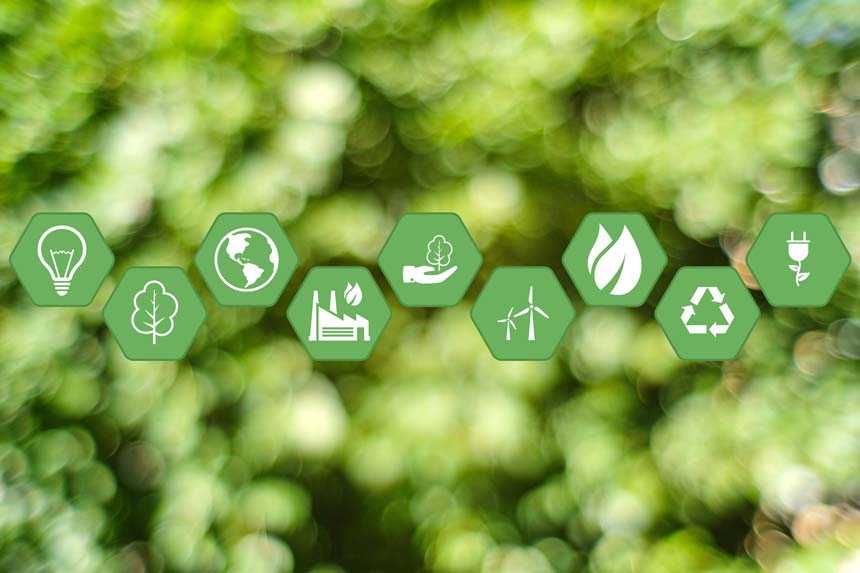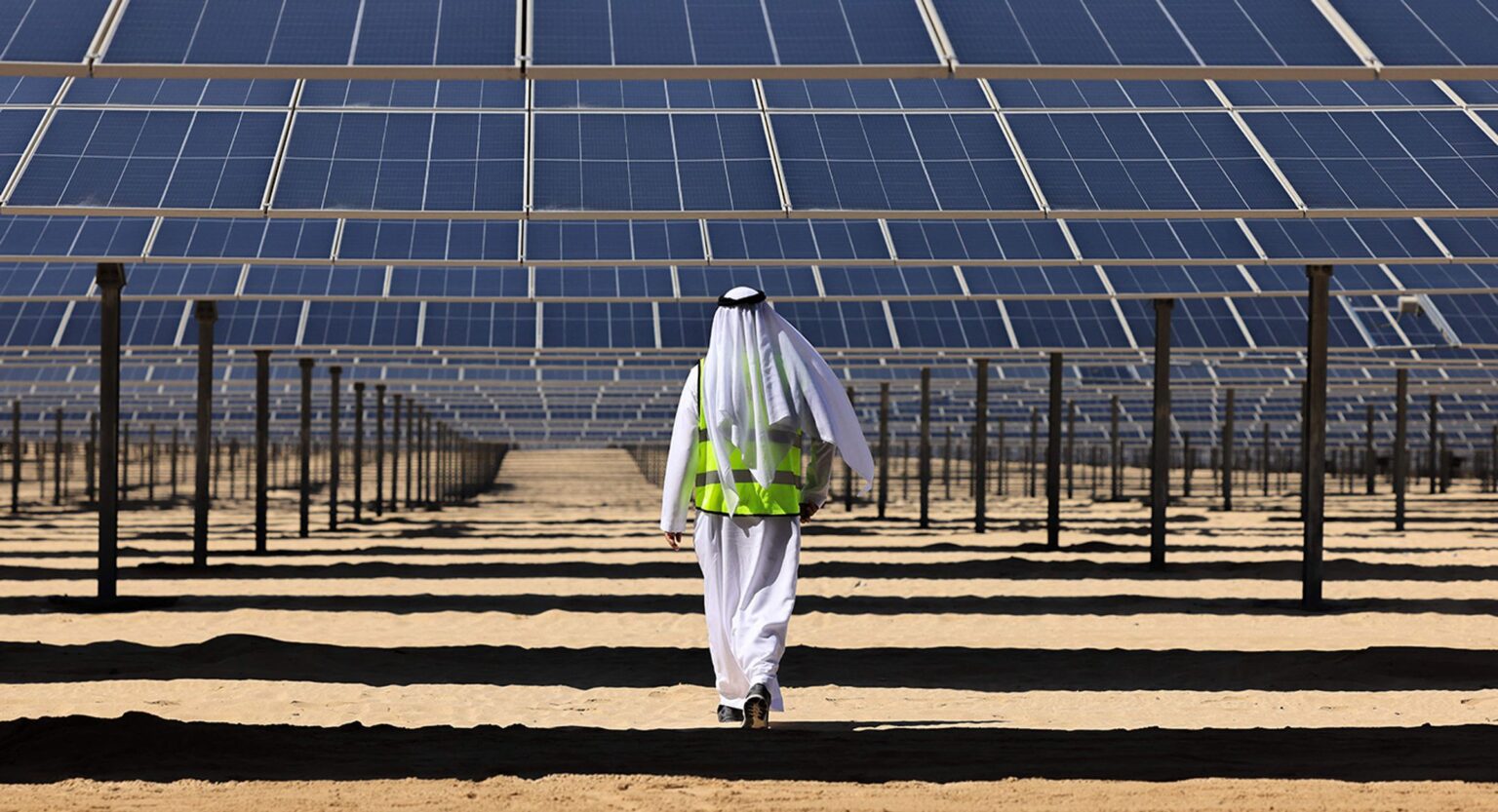Introduction
The Gulf region has long been recognized as a hub of economic power, cultural influence, and rapid modernization. Today, its governments are also emerging as leaders in adopting sustainable administrative practices. This shift reflects a broader vision to balance growth with responsibility, ensuring that prosperity goes hand in hand with environmental care, social progress, and effective governance. By focusing on sustainable administration, Gulf governments are building frameworks that not only enhance efficiency but also safeguard the future for generations to come.
The Changing Vision of Governance in the Gulf
For decades, Gulf countries were known primarily for their reliance on oil and rapid economic development. While these achievements remain central to their global standing, the leadership of the region has gradually realized that sustainable progress requires new approaches. Administrative practices are being reshaped to include policies that integrate environmental goals, technological innovation, and social inclusion.
This new vision is not limited to economic diversification alone. It involves rethinking how governments function at every level. From digital governance systems that reduce paper usage to large-scale projects that emphasize renewable energy, sustainability is becoming the backbone of Gulf governance strategies.
Embedding Sustainability into Policy Frameworks
One of the most important steps Gulf governments are taking is embedding sustainability directly into their policy frameworks. Rather than treating sustainability as an additional task, it is being integrated into core administrative functions. Ministries, local councils, and government agencies are guided by sustainability metrics when they design programs and evaluate performance.
By setting clear benchmarks, leaders ensure that every decision contributes to a larger vision of sustainable governance. This includes reducing bureaucratic inefficiencies, ensuring transparency, and promoting long-term value creation.

Digital Transformation for Greener Administration
Digital transformation is central to sustainable governance in the Gulf. By moving services online, governments are cutting down on physical paperwork, reducing the carbon footprint of public offices, and saving countless hours of administrative processes.
Citizens can now access essential services such as licensing, permits, and healthcare through digital platforms. This not only enhances convenience but also reduces the energy and resources required for traditional in-person systems. Moreover, adopting artificial intelligence, cloud technologies, and blockchain ensures better accountability while minimizing wasteful practices.
Energy Efficiency in Government Operations
Sustainability in administration is not only about digital innovation but also about energy efficiency in everyday operations. Government buildings across the Gulf are increasingly adopting green standards. Offices are being designed with energy-saving technologies, solar panels, and water recycling systems.
In addition, transportation policies encourage the use of electric vehicles within government fleets, while public awareness campaigns motivate citizens to adopt similar practices. By leading through example, Gulf governments are showing that sustainability begins within the very institutions that guide society.
Promoting Transparency and Accountability
Sustainable governance is also about trust. Gulf governments recognize that transparency and accountability are key to building resilient societies. Administrative practices are being redefined to include open reporting systems, where progress is measured and shared publicly.
This openness ensures that sustainability is not just a slogan but a measurable reality. Citizens are increasingly able to track how government resources are being used, how policies are being implemented, and how commitments to sustainability are being fulfilled.
Empowering Human Capital for Long-Term Growth
At the heart of sustainable administration lies human capital. Gulf governments understand that no amount of policy reform or technological adoption will succeed without skilled, motivated, and forward-looking people. Efforts are being made to train civil servants in sustainable practices, equipping them with the knowledge to make informed decisions that align with long-term goals.
Education initiatives also play a crucial role. By embedding sustainability into curriculums and professional training, Gulf nations are preparing a new generation of leaders who see governance not just as administration but as a responsibility toward future generations.
Encouraging Public-Private Partnerships
Sustainability cannot be achieved by governments alone. Recognizing this, Gulf administrations are working closely with the private sector to build partnerships that drive change. Businesses are encouraged to adopt sustainable practices in line with government policies, while collaborative projects ensure that innovation and investment contribute directly to national sustainability goals.
This synergy creates a win-win situation where both the public and private sectors share the responsibility of creating lasting impact. Together, they are fostering industries that support renewable energy, eco-friendly construction, and socially responsible enterprises.
The Role of Renewable Energy in Administration
The Gulf is home to some of the world’s most ambitious renewable energy projects, and these are directly tied to sustainable governance practices. Governments are making renewable energy a central part of their administrative operations. Offices, public facilities, and even entire districts are being powered by solar and wind energy.
By integrating renewables into administrative practices, Gulf governments are not only reducing emissions but also setting an example for businesses and households. This practical demonstration of commitment reinforces the message that sustainability is not theoretical it is achievable and necessary.
Citizen Engagement and Participation
A truly sustainable administration requires the involvement of citizens. Gulf governments are taking steps to ensure that people are not passive recipients of policies but active participants in shaping them.
Public forums, digital platforms, and community initiatives allow citizens to share their ideas and feedback. This participatory approach builds a stronger sense of responsibility among the population, reinforcing the idea that sustainability is a shared journey between governments and their people.
Sustainable Urban Planning and Administration
Urbanization is a defining feature of the Gulf, and sustainable governance is closely tied to how cities are planned and managed. Governments are designing urban areas with sustainability at their core integrating green spaces, energy-efficient infrastructure, and smart technologies.
Administrative practices are being redefined to ensure that cities remain livable, inclusive, and resilient. From waste management to traffic control, sustainability is built into the way municipalities operate. This ensures that rapid growth does not come at the cost of environmental or social well-being.
Building Resilience Through Climate Adaptation Policies
The Gulf region faces unique environmental challenges such as extreme heat, limited freshwater resources, and desertification. Sustainable governance involves preparing for these realities through adaptation policies.
Governments are investing in climate resilience strategies that ensure administrative systems can withstand these pressures. This includes advanced water management systems, heat-resistant infrastructure, and emergency preparedness frameworks. These efforts demonstrate foresight, ensuring that governance remains effective even in the face of climate uncertainties.

International Collaboration and Leadership
Sustainable governance in the Gulf is not happening in isolation. Gulf nations are increasingly positioning themselves as global leaders in sustainability by participating in international collaborations, conferences, and agreements.
By sharing best practices and adopting global standards, Gulf governments are reinforcing their credibility and influence. They are proving that the region is not just a follower but an innovator in sustainable administration. This leadership role helps inspire other regions to adopt similar practices, extending the Gulf’s impact beyond its borders.
Economic Diversification and Sustainable Growth
Another major aspect of sustainable governance is economic diversification. Gulf governments are actively working to reduce dependence on oil by encouraging new sectors such as tourism, technology, and green industries.
Administrative reforms support entrepreneurs, provide incentives for startups, and create regulatory frameworks that encourage sustainable business models. By aligning economic strategies with environmental and social priorities, Gulf nations are building economies that are both resilient and future-ready.
The Human Touch in Sustainable Governance
While technology, policies, and infrastructure are important, Gulf governments also emphasize the human touch in sustainable governance. Leaders in the region often highlight values such as compassion, community care, and cultural preservation as key aspects of administration.
This holistic approach ensures that progress does not strip societies of their identity. Instead, sustainable governance becomes a blend of modern innovation and deep-rooted cultural traditions, creating a model that is uniquely suited to the Gulf.
Challenges and Opportunities Ahead
Like any transformation, adopting sustainable administrative practices comes with challenges. These include balancing rapid growth with environmental needs, overcoming bureaucratic inertia, and ensuring that all sectors of society are equally engaged.
Yet, the opportunities far outweigh the difficulties. With visionary leadership, abundant resources, and a growing youth population eager for innovation, Gulf governments are well-positioned to overcome obstacles and set global benchmarks for sustainable governance.
Conclusion
The Gulf’s journey toward sustainable administrative practices represents more than just policy reform. It reflects a commitment to building a future that is responsible, inclusive, and resilient. By integrating sustainability into governance at every level policies, operations, citizen engagement, and international cooperation these nations are showing the world that growth and responsibility can coexist.
The Gulf’s example demonstrates that sustainability is not merely an environmental choice but a comprehensive administrative philosophy. It ensures that governance itself becomes a tool for long-term well-being, creating a legacy of progress that will inspire generations to come.
Do follow Gulf Magazine on Instagram.
Also Read – MSU Achieves Recognition as Finalist in Gulf Futures Challenge



